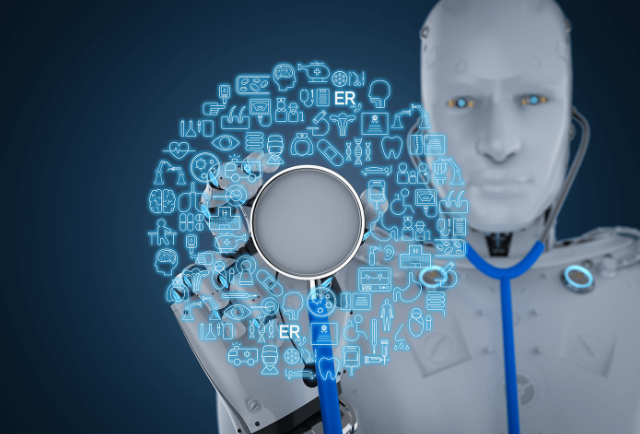Exploring Medical Artificial Intelligence: Transforming Healthcare
In today’s fast-paced world, medical artificial intelligence (AI) is emerging as a game-changer in the healthcare sector. With its ability to analyze vast amounts of data and assist in decision-making, AI is revolutionizing how we approach diagnosis, treatment, and patient care. Understanding the capabilities and potential of medical AI is essential for anyone interested in the future of healthcare.
Enhancing Diagnosis and Treatment
Medical AI is making significant strides in enhancing diagnosis and treatment options. By leveraging machine learning algorithms, AI can analyze medical images, such as X-rays and MRIs, with remarkable accuracy. This allows healthcare professionals to identify conditions like tumors or fractures more quickly and reliably. Moreover, AI systems can provide personalized treatment recommendations based on a patient’s medical history, genetic information, and current health status, ultimately leading to better patient outcomes.
Streamlining Administrative Processes
Beyond diagnosis, AI is streamlining various administrative processes within healthcare systems. Tasks such as appointment scheduling, patient registration, and even billing can be automated, reducing the burden on staff. This not only increases efficiency but also minimizes human errors. For instance, chatbots powered by AI can answer patient inquiries and guide them through the healthcare system, freeing up time for healthcare providers to focus on what matters most: patient care.
Supporting Research and Drug Development
The role of AI in research and drug development cannot be overstated. Traditional methods of discovering new drugs can take years and involve significant trial and error. However, AI algorithms can rapidly analyze biological data to identify potential drug candidates. This accelerated process not only shortens development timelines but also reduces costs, making it easier to bring new treatments to market. Researchers are increasingly turning to AI to predict how different compounds will interact with biological targets, paving the way for more innovative therapies.
Conclusion
As we continue to explore the remarkable potential of medical artificial intelligence, it’s crucial to stay informed about developments in this field. From improving diagnoses to streamlining processes and advancing research, the benefits of AI in healthcare are vast and varied. We encourage you to learn more about how AI is shaping the future of medicine. Follow advancements, engage in discussions, and consider how these technologies might impact your own healthcare journey!

